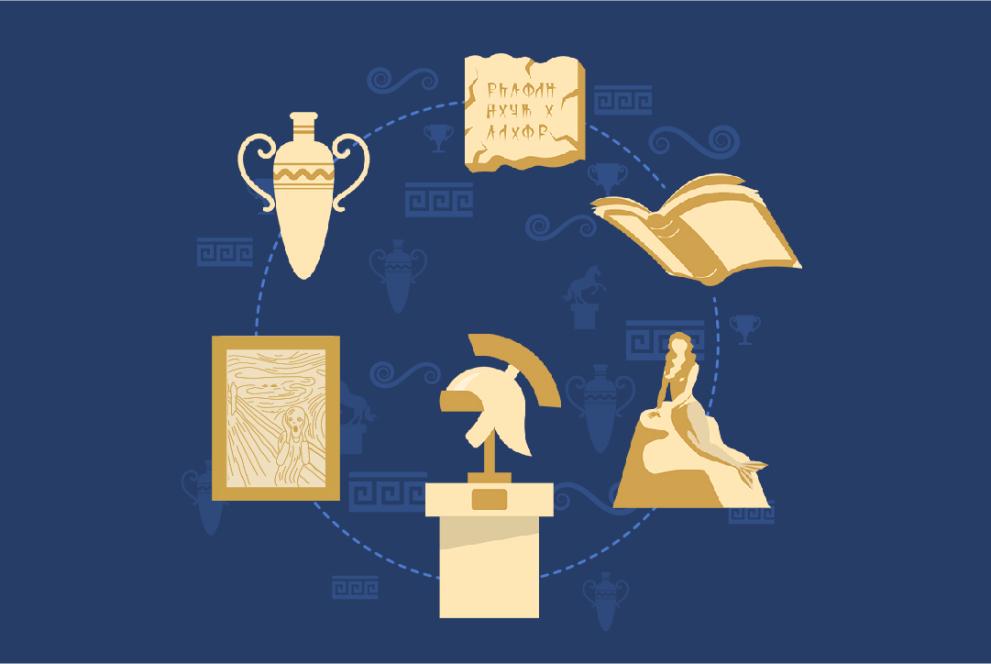
EU proposals to increase security and tackle serious crime
On 13 December, The European Commission made two announcements that aim to improve security in the EU and to tackle crime. The EU action plan against trafficking in cultural goods and the proposed Regulations to strengthen the use of advance passenger information. The Commission also presented its fifth progress report on the implementation of the EU Security Union Strategy. The report shows that the overwhelming majority of initiatives and actions in the Strategy have been addressed.
The Commission is proposing two new Regulations on advance passenger information (API) data to improve external border management and to counter serious crime and terrorism. The Regulations will replace the 2004 API Directive. The new rules will enhance the fight against serious crime and terrorism within the EU, while respecting the EU’s data protection rules, meaning that API collection will also cover flights within the EU.
Every year, over a billion passengers enter or leave, or travel within the EU. This level of air passenger travel can put a strain on the external air borders of the EU. All travellers, both non-EU and EU citizens crossing the external borders, should be checked against the relevant databases.
API data is information in our travel documents (e.g. number of travel document, name, date of birth). Air carriers collect this during check-in and complement it with travel route information. API data usually contains information to confirm of the identity of passengers.
The revision aims to:
- Set a clear list of API requirements to be collected by air carriers to harmonise data collection;
- cover all air travellers on all flights (including business and charter flights);
- improve the accuracy and completeness of data collected, as air carriers will have to collect data by automated means only. This will make analysis more efficient and reliable;
- Streamline transmission of API data by air carriers to national authorities through a new central router.
These improvements aim to speed up border controls at airports and make sure that the flow of passengers moves smoothly, while at the same time keeping a high level of security and ensuring that checks can be carried out properly on every passenger.
EU action plan against trafficking in cultural goods
The action plan builds on what has been already been done by the EU. The plan aims to: improve prevention and detection of crimes; improve the police and courts’ response; and boost international cooperation.
Trafficking in cultural goods is a lucrative business for organised crime, and in some cases also for terrorists and those involved in conflict. This is due in particular to the low risk of detection, the potential for high margins, and the attractive size of the licit and illicit markets.
The action plan focuses on four strategic objectives, for an effective and comprehensive response:
-
- Improving prevention and detection of crimes by market participants and cultural heritage institutions;
- Strengthening law enforcement and judicial capabilities;
- Boosting international cooperation, including with source and transit countries of cultural goods in conflicts and crises;
- Gaining the support of other key stakeholders to protect cultural goods from crime.
The prevention of and fight against these crimes requires a tailor-made response at EU level, the EU Security Union Strategy and the EU Strategy to Tackle Organised Crime were developed with those purposes in mind.
Further reading:
Proposals on the collection and transfer of advance passenger information (API)
Fifth Progress Report and Annexes on the EU Security Union Strategy
EU action plan against trafficking in cultural goods
The European Union steps up fight against trafficking in cultural goods | Culture and Creativity
Details
- Publication date
- 13 December 2022
- Author
- Directorate-General for Migration and Home Affairs
